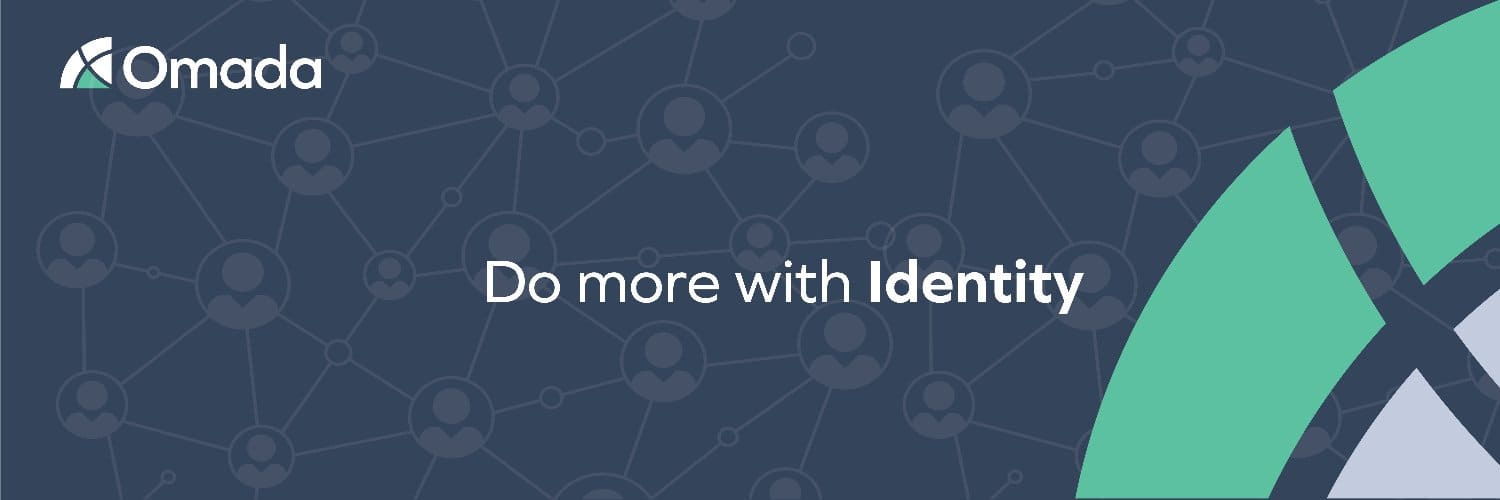Omada A/S (“Omada”), a global leader in Identity Governance and Administration (IGA), has today released its State of Identity Governance Report 2024, examining the perspectives of IT and business leaders on identity threats and solution options. The report is available for download at the provided link.
In a context where digital transformation and hybrid work converge, identity and access management procedures have become more complex. A successful approach to identity governance must balance strengthening organizational security with facilitating business agility within the context of end-user workflows. Over-permissioned accounts expand the attack surface, increase risk, and lead to the potential for more security breaches.
Omada surveyed senior IT and security leaders in 567 U.S. companies with over 1,000 employees to learn more about their concerns around identity and how they are currently addressing these challenges.
Among the findings:
- Almost all (over 95%) of the respondents said they were highly concerned about identity-related threats.
- 72% said that users in their organization have unnecessary access and overly permissive accounts.
- 61% ranked “adaptability to an organization’s requirements” among the top five capabilities of an IGA solution; 53% ranked generative artificial intelligence among the top five.
- 86% of the respondents said their organizations were more likely to choose a higher-quality Identity and Access Management (IAM) solution over a platform provider that does not offer robust capabilities overall.
Identity governance is essential for improving visibility and streamlining provisioning without hindering employee productivity. Overall, as the threat landscape expands and the number of identities multiplies, more organizations are looking to adopt solutions that tightly integrate with an identity fabric approach.
Michael Garrett, CEO of Omada, said, “Hackers are no longer breaking down barriers; they are gaining entry using compromised credentials, so protecting identities should be a core component in the overall cybersecurity strategy of large enterprises. Modern IGA practices and technologies are a necessity in today’s evolving threat landscape, and it is clear that companies prefer higher-quality solutions to improve both efficiency and security.”

